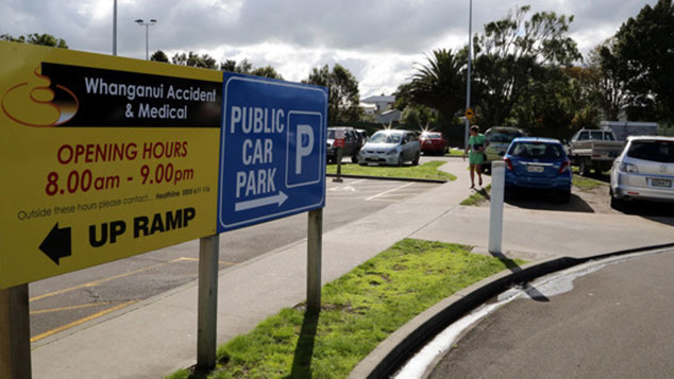
Whanganui District Health Board has reduced the number of night shifts resident doctors work in a row from seven 10-hour shifts to four. However, doctors are still expected to work 12 day shifts in a row.
Resident doctors are registered medical practitioners, and range in experience from first-year, qualified doctors to those with more than 12 years' experience. They primarily work in the public sector, where they are employed by all 20 district health boards (DHB).
Resident doctors staff New Zealand's public hospital system delivering 24-hour care to patients every day of the week and also use this time to gain specialist qualifications as surgeons, physicians, paediatricians, etc.
Resident doctors are also employed in general practice as GP trainees, although these physicians are not involved in the dispute, as they are not DHB employees.
The New Zealand Resident Doctors' Association's (NZRDA) Safer Hours campaign seeks to have DHBs reduce current rostering patterns of seven 10-hour night shifts in a row to a maximum of four and from 12 days in a row (with only two days off before returning to work) to a maximum 10 days (with four days off before returning to work).
"The 144 affected rosters identified nationally are those where resident doctors are on duty 24 hours a day, seven days a week, treating acutely unwell patients who need assessment and potentially admission to hospital, through to those patients who have been admitted and need acute care," says Deborah Powell, national secretary of the NZRDA.
"Whilst some of these 144 rosters have been remedied, such as Gisborne, who have rectified all of their rosters and Northland who have rectified half, the vast majority have not," Dr Powell said.
Whanganui DHB has one affected roster and only needs to employ 1.2 more doctors to remedy it.
"We are grateful that Whanganui DHB has moved away from rostering resident doctors to seven consecutive night shifts," said Dr Powell.
"Although this certainly helps provide safer, less fatigued doctors, we still have to deal with the fatigue experienced from working 12 day shifts without a break."
"Whanganui DHB only needs to employ 1.2 more doctors to completely rectify this roster and join Tairawhiti DHB as the second hospital in NZ to have rectified all their rosters," said Dr Powell.
Take your Radio, Podcasts and Music with you









